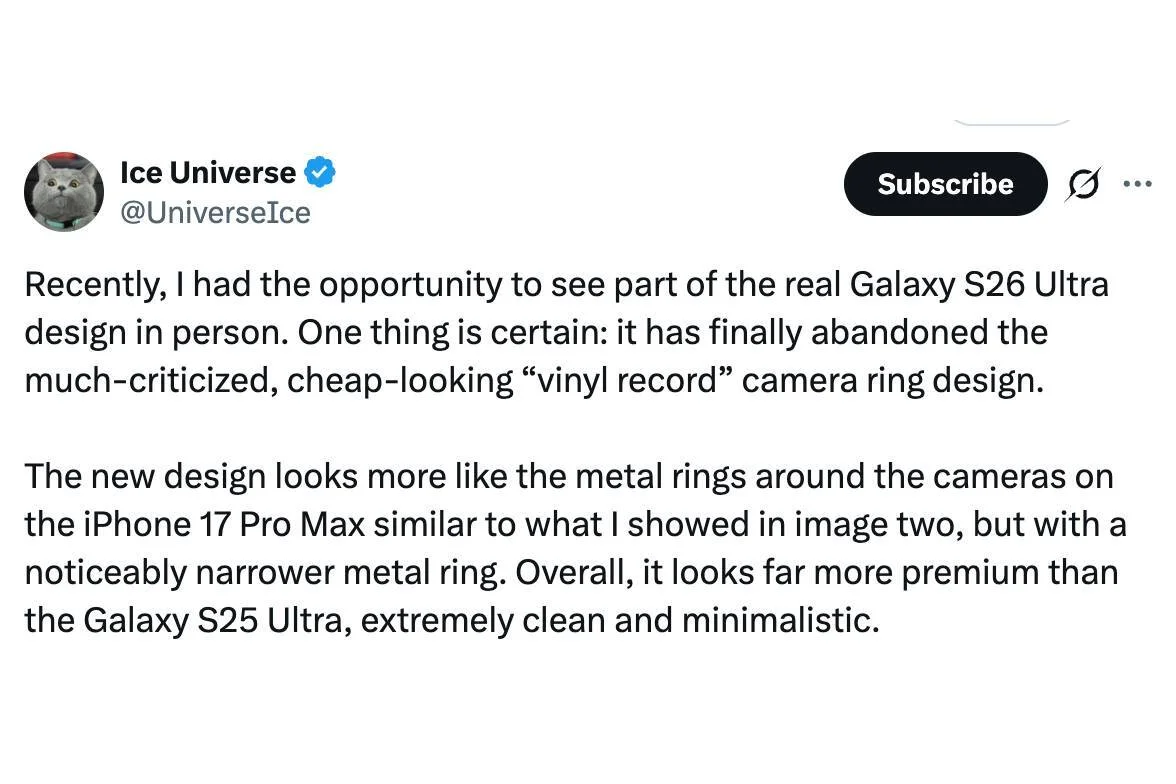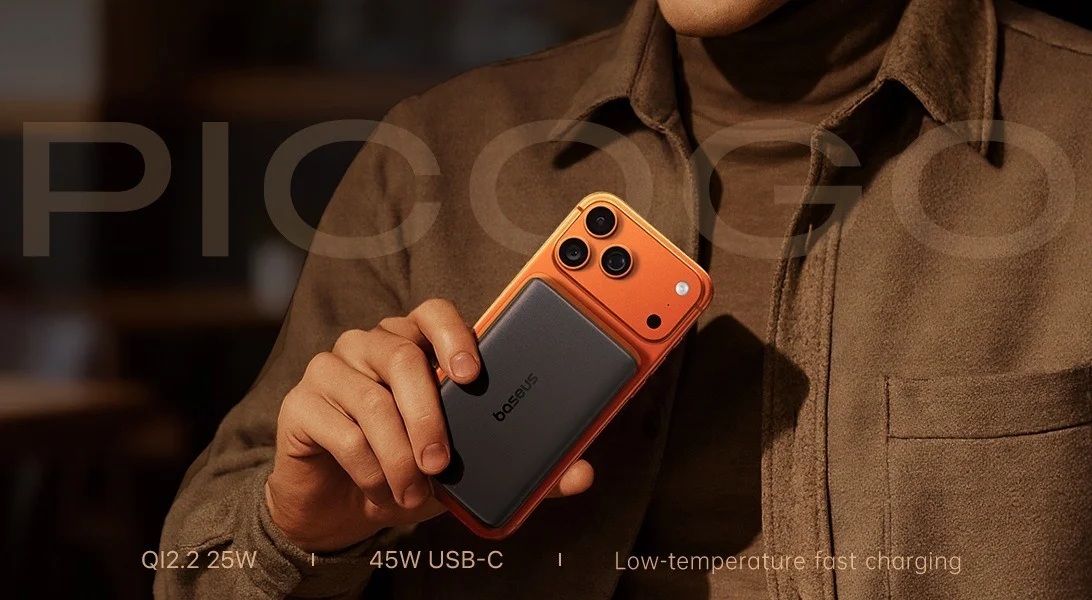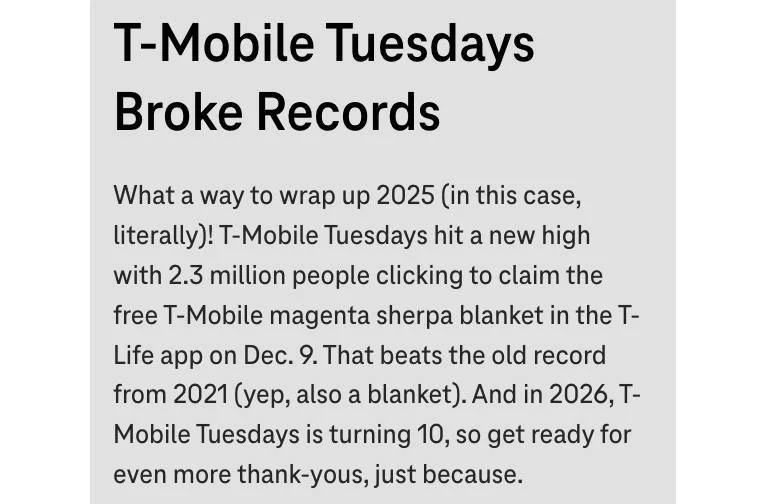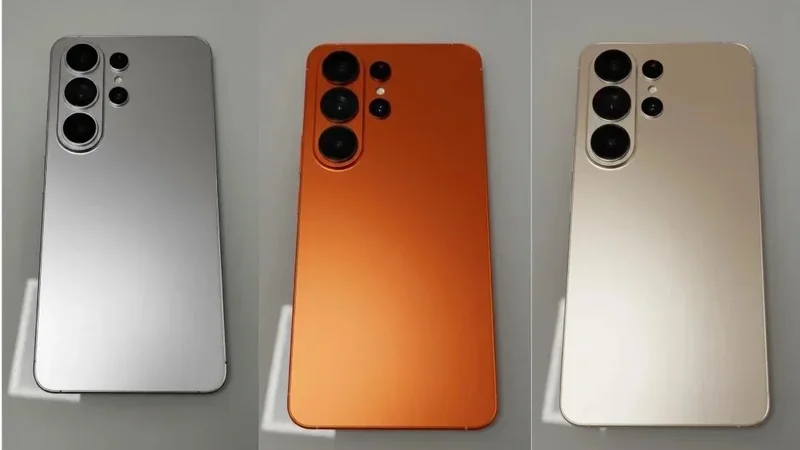Nvidia is currently seeking approval from the U.S. government to export its state-of-the-art H200 AI accelerator chip to China. This AI processor is engineered to accelerate complex computations, utilizing thousands of GPU cores to perform parallel matrix multiplications with remarkable speed.
However, previous restrictions on chip exports have inadvertently benefited domestic Chinese companies like Huawei, allowing them to expand their AI accelerator business and erode Nvidia’s market share within China.
The Power of Nvidia’s H200: A Leap Above Current U.S. Export Limits
The H200 chip, launched a couple of years ago, boasts advanced features including more high-bandwidth memory than its predecessor, the H100. Built on TSMC’s 4nm process and featuring Hopper core architecture, the H200 delivers double the performance of the H20 GPU—the most powerful AI accelerator currently permitted for export to China by the U.S. government. Designed for Large Language Models (LLMs) and high-performance computing (HPC), the chip offers 141GB of HBM3e memory and 4.8TB/s memory bandwidth, making it a formidable tool in AI workloads.
Recent U.S. Decisions on AI Chip Export Controls
In a notable policy flip in April, the administration reversed a previous ban on exporting the Nvidia H20 to China. Meanwhile, the U.S. also authorized the shipment of 70,000 next-generation Nvidia Blackwell AI chips to Saudi Arabia's Humain and G42 in the United Arab Emirates, underscoring American commitment to maintaining technological leadership through trusted allies.
The Question: Will Nvidia Get the Green Light to Ship H200 Chips to China?
While the White House and Commerce Department declined to comment directly on Nvidia’s export request, a statement reaffirmed commitment to protecting U.S. technological leadership and national security—an ongoing priority in the evolving trade relationship between the U.S. and China.
Impact on Market Dynamics: Huawei’s Growing Share in China
Due to U.S. export restrictions, Nvidia executives highlight their inability to provide competitive data center products in China. This has created room for other international competitors not subject to U.S. controls, and allowed Huawei’s Ascend AI accelerators to capture an estimated 79% share of China’s domestic AI accelerator market.
Market analysts predict that broadening Nvidia’s access to China could significantly boost the company’s revenue growth in the region, potentially increasing from the projected 49% to as high as 75% this year, should H200 exports resume.
Despite previous tensions on technology trade, ongoing bilateral agreements and tariff adjustments indicate shifting dynamics. The U.S. has agreed to reduce the average tariff rate on Chinese imports to 48%, which could influence future semiconductor export policies and market competition.





